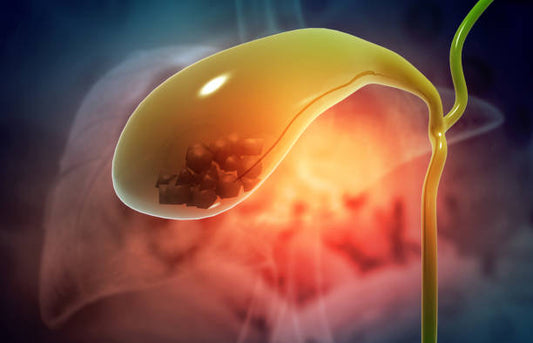Banafsha, also known as Viola odorata or Sweet Violet, is a delicate, yet potent flowering herb. In this comprehensive guide, we will explore the definition, uses, benefits, and potential side effects of Banafsha, unveiling the hidden potential of this charming botanical.
Banafsha Unearthed
Banafsha, scientifically known as Viola odorata, belongs to the Violaceae family. This low-growing perennial herbaceous plant is known for its fragrant, violet, or white flowers and heart-shaped leaves. Banafsha is native to Europe and Asia but is cultivated worldwide for its numerous medicinal and therapeutic properties.
The Versatile Uses of Banafsha
Banafsha boasts a wide range of traditional uses, making it a valuable herb in the world of natural remedies:
1. Respiratory Relief: Banafsha is often used in herbal remedies to alleviate respiratory issues. It can help soothe coughs, ease breathing, and reduce symptoms of conditions like bronchitis and asthma.2. Throat Soother: Banafsha's mucilaginous properties make it an excellent choice for soothing a sore throat. It can provide relief from irritation and inflammation.
3. Fever Management: In traditional medicine, Banafsha has been used to help reduce fever and manage symptoms associated with various infectious diseases.
4. Anti-Inflammatory: This herb is recognized for its anti-inflammatory properties, which can aid in reducing swelling and discomfort.
5. Skin Healing: Banafsha is sometimes applied topically to assist in the healing of minor skin irritations, such as insect bites and minor wounds.
6. Mood Elevation: Some traditional practices use Banafsha to uplift the mood and alleviate symptoms of anxiety and stress.
The Benefits of Banafsha
The utilization of Banafsha offers a plethora of potential benefits:
- Cough Relief: Banafsha's ability to soothe the respiratory tract makes it a valuable natural remedy for coughs and colds.- Bronchitis Aid: It can be effective in reducing symptoms of bronchitis, such as excessive mucus production and coughing.
- Fever Reduction: Banafsha may help reduce fever by promoting perspiration and cooling the body.
- Anti-Inflammatory: Its anti-inflammatory properties can provide relief from conditions involving inflammation, such as sore throat or skin irritations.
- Skin Care: When applied topically, Banafsha can contribute to the healing of minor skin issues.
- Mood Enhancement: In traditional practices, Banafsha is used to alleviate stress and improve mood.
Side Effects and Considerations
While Banafsha is generally considered safe, it's essential to be aware of potential side effects and take certain considerations into account:
1. Allergic Reactions: Some individuals may be sensitive to Banafsha and may experience allergic reactions when using it.2. Pregnancy and Breastfeeding: Pregnant and nursing individuals should consult with a healthcare professional before using Banafsha, as its safety in these situations is not well-documented.
3. Dosage: Using Banafsha in moderation is crucial, as excessive consumption may lead to adverse effects.
In summary, Banafsha is a remarkable herb with a rich history of traditional use. Its potential to soothe respiratory issues, reduce fever, and provide other health benefits is noteworthy. As with any herbal remedy, it should be used wisely, and it's advisable to consult a healthcare provider, particularly if you have any underlying health concerns. Banafsha stands as a testament to the potency of nature's healing treasures.
Author: Nikita Vishnoi BCA
Products which contains Banaphsa -












